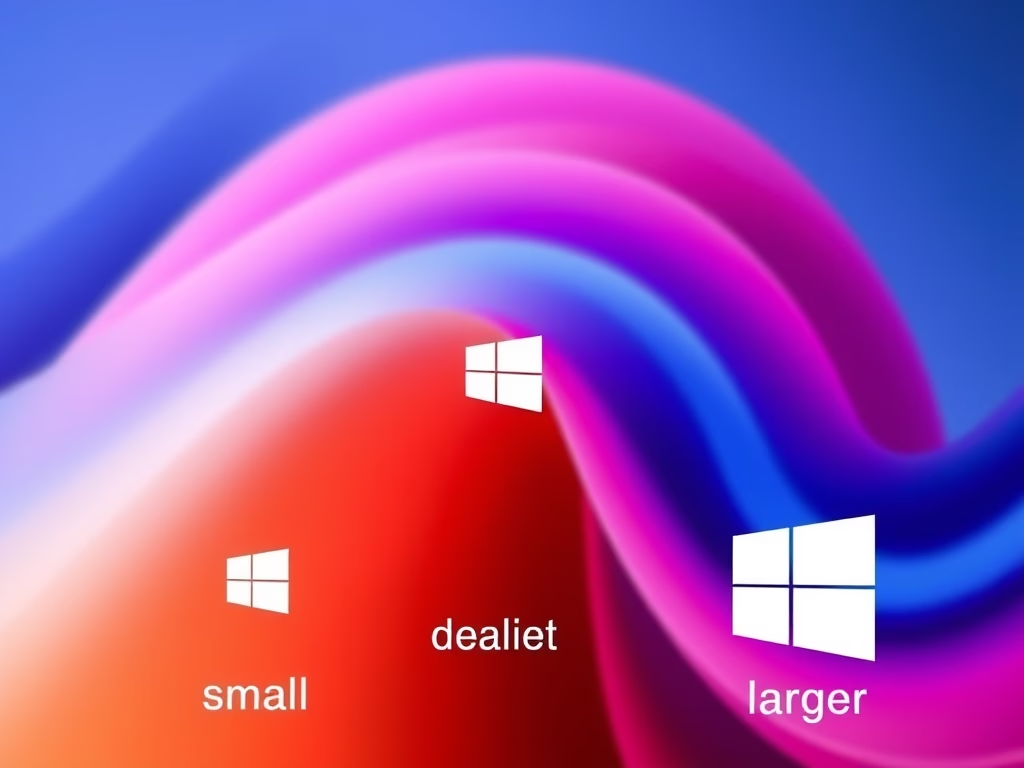This brief tutorial shows students and new users how to install PHP Composer on Ubuntu 20.04 | 18.04.
PHP Composer is a package dependency management tool for PHP used by developers to manage their PHP-based projects/applications.
You probably have seen some PHP applications requiring that you have a composer installed on the system to get the package installed and working.
PHP composer is frequently used to facilitate the installation and update of dynamic PHP applications that need easier management. These packages can easily be installed and managed using the composer dependencies tool. It maintains a list of required packages in a JSON file called composer.json.
One requirement for installing Composer is to have PHP installed. So when you’re ready, follow the steps below to get Composer installed.
Install PHP
The Composer requires PHP 5.3 or higher. To install PHP on Ubuntu, run the commands below.
sudo apt install php
If you need to install other PHP versions unavailable in Ubuntu default repositories for your system, run the commands below to install a third-party repository containing PHP 7.2, 7.3, 7.4, and up.
sudo apt-get install python-software-properties sudo add-apt-repository ppa:ondrej/php sudo apt update
Now simply run the commands below to install PHP 7.4. change the number value to install 7.2, 7.3, and so forth.
sudo apt install php7.4
Install Composer
Now that PHP is installed. You can now run the commands below to install Composer.
curl -sS https://getcomposer.org/installer | sudo php -- --install-dir=/usr/local/bin --filename=composer
The commands above will download Composer from its maintainer page and install it into the /usr/local/bin directory. This is a local-global directory for application executables.
All settings correct for using Composer
Downloading.
Composer (version 1.6.4) successfully installed to: /usr/local/bin/composer
Use it: php /usr/local/bin/composer
Now simply run the commands below to test whether Composer is installed.
composer
The output should look like something below.
______
/ ____/___ ____ ___ ____ ____ ________ _____
/ / / __ \/ __ `__ \/ __ \/ __ \/ ___/ _ \/ ___/
/ /___/ /_/ / / / / / / /_/ / /_/ (__ ) __/ /
\____/\____/_/ /_/ /_/ .___/\____/____/\___/_/
/_/
Composer version 1.6.4 2018-04-13 12:04:24
Usage:
command [options] [arguments]
Options:
-h, --help Display this help message
-q, --quiet Do not output any message
-V, --version Display this application version
--ansi Force ANSI output
--no-ansi Disable ANSI output
-n, --no-interaction Do not ask any interactive question
--profile Display timing and memory usage information
--no-plugins Whether to disable plugins.
-d, --working-dir=WORKING-DIR If specified, use the given directory as working directory.
-v|vv|vvv, --verbose Increase the verbosity of messages: 1 for normal output, 2 for more verbose output and 3 for debug
When you want to install a PHP-based application that requires Composer, simply reference this page to learn how to install Composer. After that, continue with getting your PHP application on Ubuntu.
The Composer can also be upgraded by running the commands below. This will upgrade all packages associated with Composer.
sudo composer self-update
That’s it!
Conclusion:
In summary, installing PHP Composer on Ubuntu is a straightforward process that enhances your ability to manage PHP dependencies effectively. Here are the key points to remember:
- PHP Composer is essential for managing PHP package dependencies, allowing for easier installation and updates.
- Ensure that PHP 5.3 or higher is installed before attempting to install Composer.
- The installation process involves configuring your package sources, installing PHP, and then Composer.
- Composer commands can be used to manage packages as well as update Composer itself when necessary.
- Refer back to this guide whenever you need to install Composer for your PHP projects on Ubuntu.
By following these steps, you can efficiently manage your PHP applications and their dependencies.



Leave a Reply Cancel reply